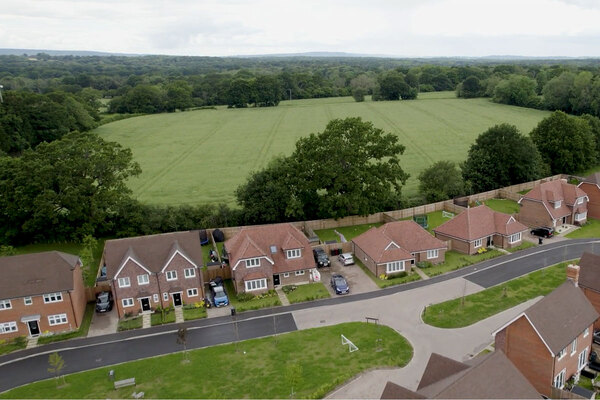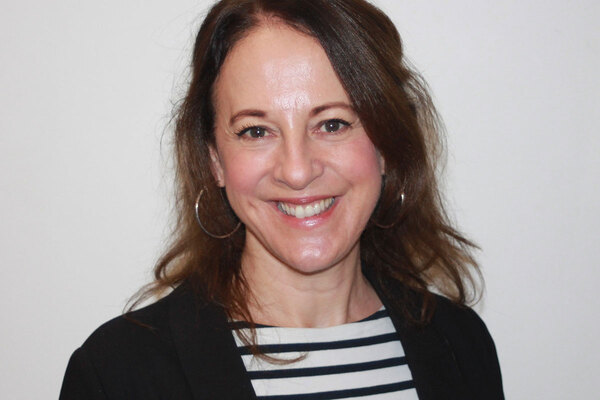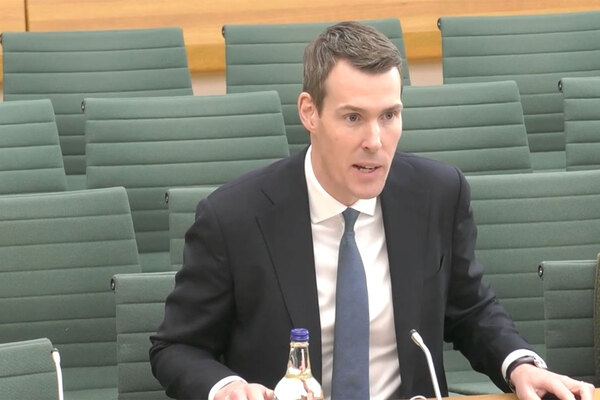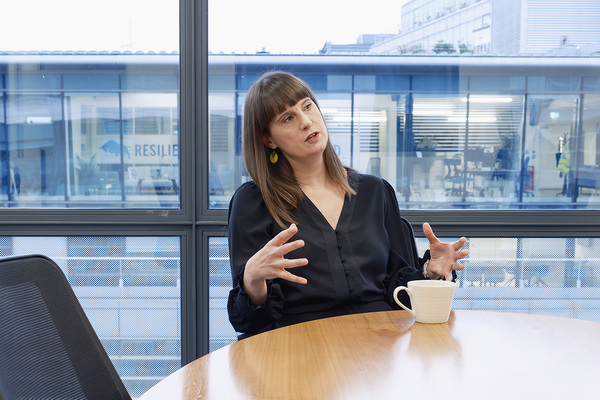You are viewing 1 of your 1 free articles
Affordable Homes Programme struggling in rural areas, Peter Denton says
The Affordable Homes Programme is “struggling” to deliver in rural areas, Homes England’s chief executive has said.
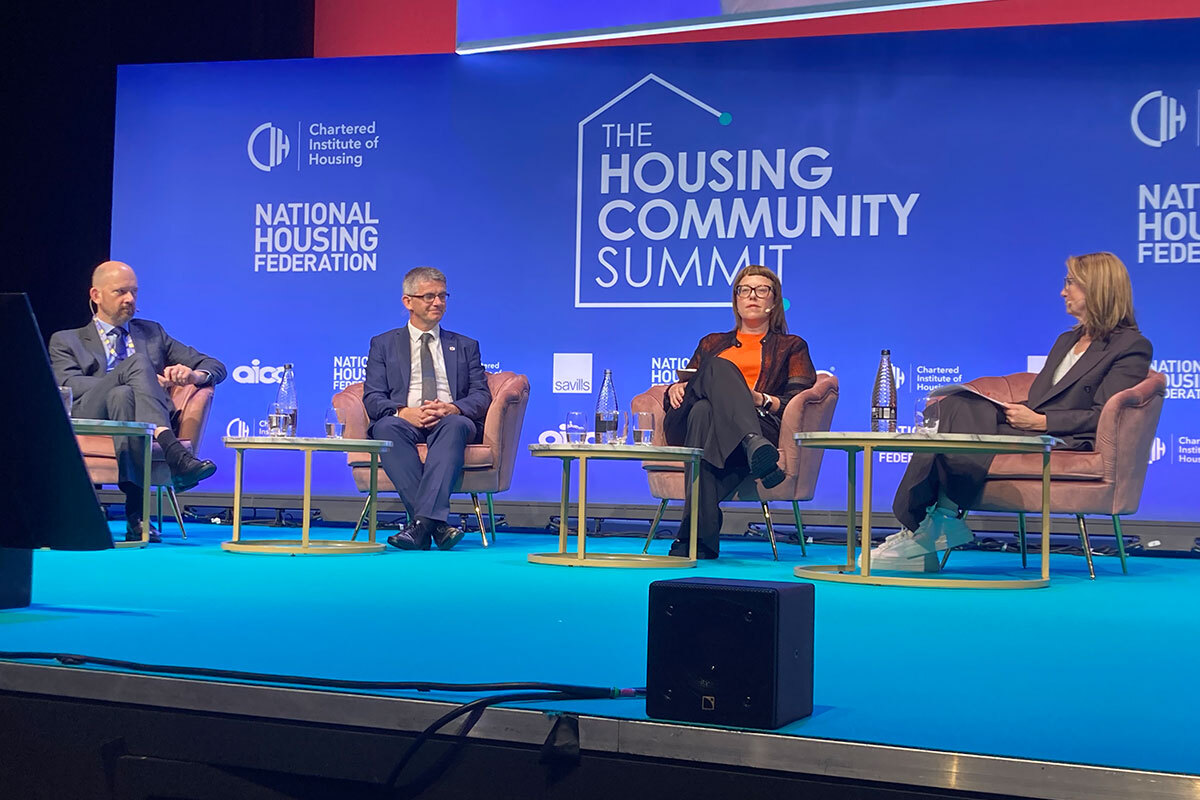
Peter Denton was asked at the Housing Community Summit what the government’s housing and regeneration agency was doing specifically for rural areas.
He responded: “It’s really tough.”
“It’s not that there’s a lack of commitment,” he said. “The Affordable [Homes] Programme has an explicit focus on rural delivery, and it’s the bit that we’re struggling with, overall.
“To get contractors to go out into more rural areas… just the nuts and bolts of doing it are vastly more expensive on average. I think it’s 20% from memory. Just getting contractors is difficult.”
He recalled the challenge of managing thatched cottages in Chichester in his previous job as chief executive of Hyde. “The practicalities of running that as a charity is really, really hard,” he said.
Mr Denton was speaking as part of a panel discussion in Liverpool on 10 September, where he was also asked why new approvals in the current Affordable Homes Programme for 2021-26 have slowed since the general election was called earlier this year.
He said that “four years into five” of the current programme, “we are coming towards the end of that deployment period” and “there is limited capital that remains uncommitted”.
Deputy prime minister and housing secretary Angela Rayner will “articulate what will happen next” alongside the next Budget on 30 October, Mr Denton added.
During the discussion, Mr Denton also provided more detail on Homes England’s new master developer MADE Partnership, which was announced earlier this week.
The £150m partnership with house builder Barratt and Lloyds Bank aims to create large developments of 1,000 to 10,000 homes.
“Why have most main house builders not done what we announced yesterday with master development work? In part, it’s the financial crisis,” Mr Denton said.
“They had massive land banks up to the financial crisis in 2007. They went bankrupt, they stopped having massive land banks… They now don’t want to put more than £40m to £50m into a given site. They don’t want the financial exposure that big master development comes from.
“Once you understand that, that’s how you start to address it,” he added.
Fellow panellist Emily Cox of Lloyds Bank added that small and medium enterprise (SME) builders would be given access to sites brought forward by the joint venture.
She said: “It will allow both access to the large builders as well as more local SME builders… Having a partner like Lloyds means there will be some oversight that will enable some of the smaller businesses to be involved.”
Sign up for our development and finance newsletter
Already have an account? Click here to manage your newsletters

